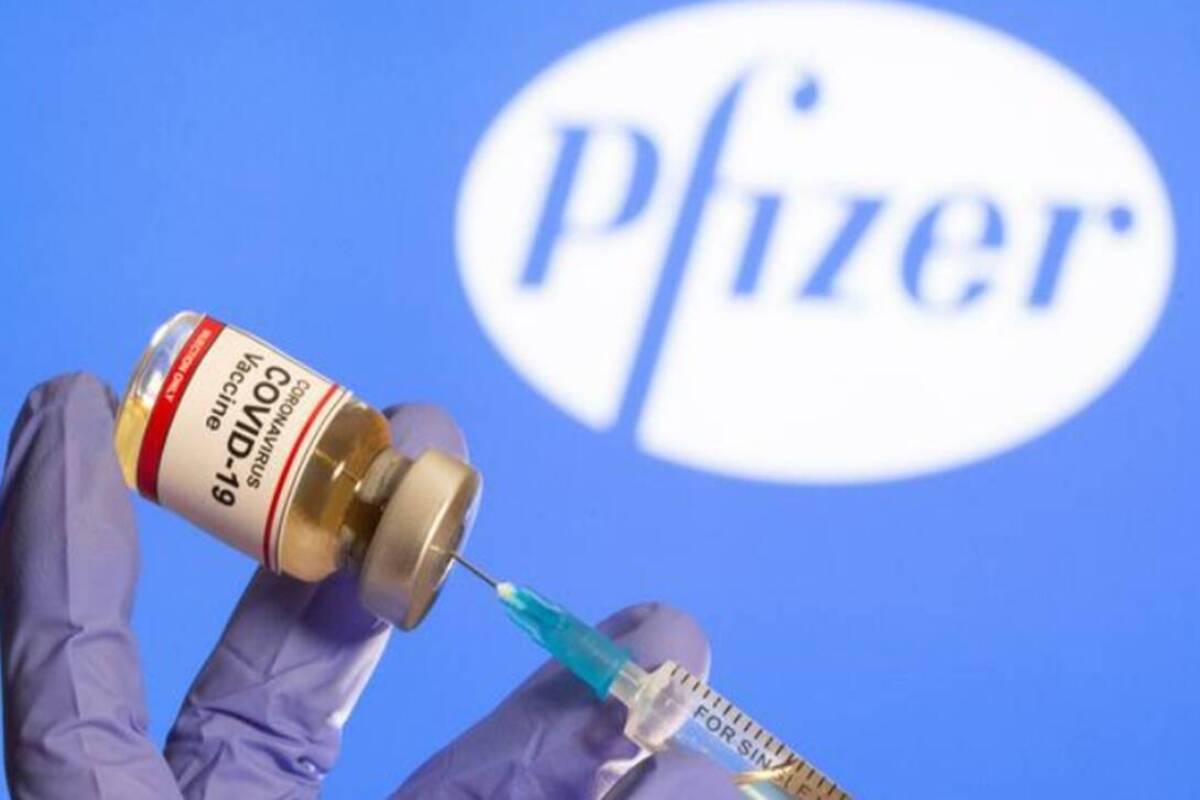Study reveals rapid shrinkage of Himalayan glacier retreat in Arunachal
A recent study has unveiled a troubling trend in the Eastern Himalayas, where 110 glaciers in Arunachal Pradesh have vanished…
“This study highlights the potential for recommending a single dose for previously infected individuals and may be useful for discussions surrounding vaccination strategy,” the researchers said.

(representational image)
Individuals with a prior Covid-19 infection may be sufficiently protected from re-infection after a single dose of Pfizer/BioNTech vaccine, freeing up availability of millions of additional doses, suggests a study.
“We observed higher SARS-CoV-2 antibody levels in previously infected individuals after first dose of BNT162b2 (Pfizer/BioNTech vaccine) compared with infection-naive individuals after two doses,” said Ayesan Rewane, from the Division of Allergy and Immunology, Department of Internal Medicine at the Rush University in Chicago, US.
Advertisement
Moreover, the team noted that in previously infected individuals with positive SARS-CoV-2 spike IgG levels, “the second dose did not significantly increase IgG levels compared with the first dose, suggesting that 1 dose may be acceptable in this group”.
Advertisement
The study, published in the JAMA Network Open, included 29 Chicago-area residents with a prior case of Covid infection based on PCR testing, and another group of 30 people with no such histories.
The team evaluated the SARS-CoV-2 spike immunoglobulin (Ig) G antibody levels after 1 and 2 BNT162b2 doses in previously infected individuals compared with those without previous infection.
In four participants who reported a positive PCR, but did not develop S-protein antibodies, the response to the first vaccine dose was more similar to that of the infection-naive group.
However, it is important to note that a positive PCR diagnosis alone was not enough to discount the need for a second vaccine dose.
“This study highlights the potential for recommending a single dose for previously infected individuals and may be useful for discussions surrounding vaccination strategy,” the researchers said.
They also noted the study limitations such as small sample size, diversity of participants (sex, race, nationality), lack of neutralisation studies, and lack of T-cell response studies.
Advertisement